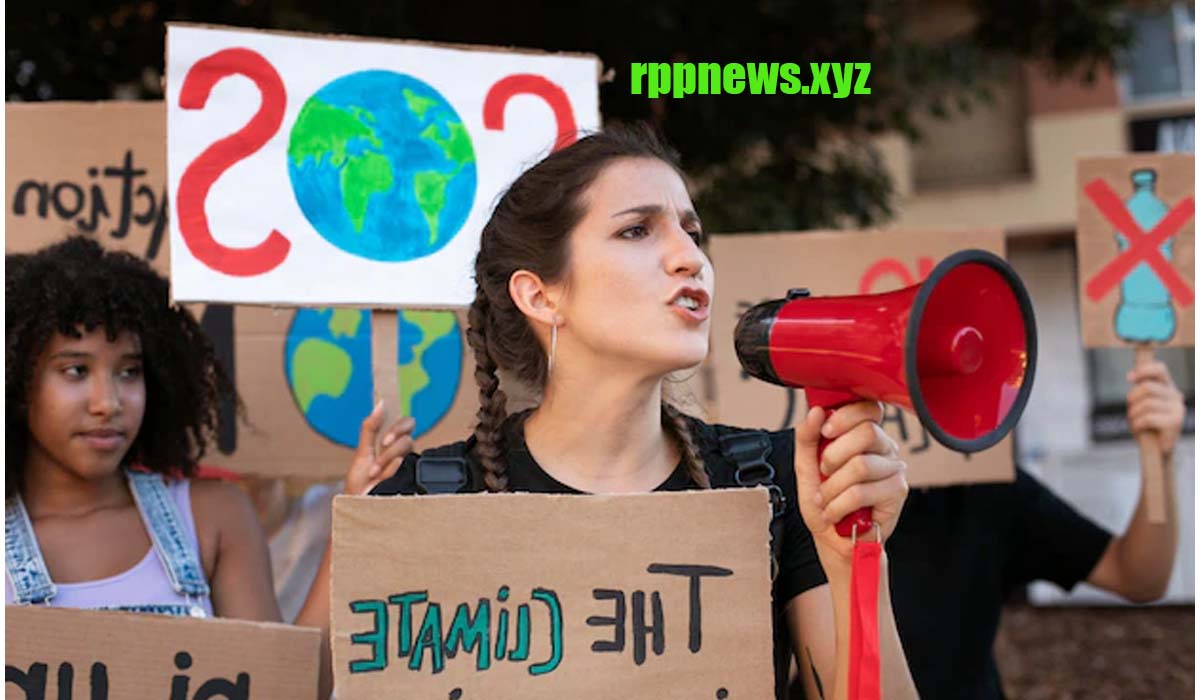
UN Climate Summi of UAE’s Presidency Leak Reveals ‘Touchy’ Issues Surrounding .
A confidential leak has shed light on the sensitive and contentious matters that have emerged during the
United Arab Emirates’ (UAE) presidency of the United Nations Climate Change Conference.
As the host nation and head of the global climate summit, the UAE faces challenges that have sparked both international scrutiny and
internal debates. The leaked information provides a glimpse into the complex dynamics shaping this critical environmental gathering.
Discrepancies in Emission Reduction Commitments
The leaked documents expose discrepancies in the emission reduction commitments put forward by various
nations. Allegations have arisen regarding certain countries
attempting to weaken their climate pledges during closed-door negotiations. This has created tensions
between developed and developing nations, with concerns over the fairness and effectiveness of the climate action agenda.
Lobbying by Fossil Fuel Industry
The leak also uncovers a concerted lobbying effort by the fossil fuel industry to influence the summit’s outcomes.
Lobbyists from powerful oil and gas companies have reportedly been engaging with delegates and decision-
makers, raising concerns about potential compromises on
ambitious climate targets. The UAE’s close ties with the fossil fuel sector have added another layer of complexity to this issue.
Calls for Greater Climate Finance
Developing nations have been vocal about their demands for increased climate finance to support their
adaptation and mitigation efforts.
The leaked documents reveal heated discussions surrounding the allocation of funds and the distribution of
responsibilities among developed and developing nations.
This issue has become a focal point for the summit’s negotiations, with calls for more substantial financial contributions from wealthier countries.
Transparency and Accountability
The leak highlights concerns over the transparency and accountability of certain nations’ climate actions.
Some countries are accused of not providing comprehensive
and accurate data regarding their emissions and progress toward meeting their commitments. This lack of
transparency has sparked suspicion and raised questions about
the effectiveness of the summit’s monitoring and enforcement mechanisms.
Controversial Involvement of Certain Companies
The involvement of certain multinational corporations in shaping climate policies has raised eyebrows. The
leaked information suggests that some corporations with
questionable environmental records have been granted privileged access to the negotiation process, leading
to accusations of “greenwashing” and undermining genuine
efforts to combat climate change.
Conclusion
As the leaked documents continue to make waves globally, the UAE’s presidency of the UN climate summit faces increased scrutiny and pressure to address the contentious
issues at hand. The leaked information highlights the intricate challenges and delicate balances involved in advancing a comprehensive and equitable climate action
agenda. As the summit progresses, the world waits in anticipation to see how these “touchy” matters will be addressed and what lasting impact the summit will have on the global fight against climate change.
UN Climate Summi of UAE's Presidency Leak Reveals 'Touchy' Issues Surrounding
“Leak Reveals ‘Touchy’ Issues Surrounding UAE’s Presidency of UN Climate Summit: A Closer Look”
The confidential leak surrounding the United Arab Emirates’ (UAE) presidency of the United Nations
Climate Change Conference has brought to the fore several thorny
issues. Beyond the public rhetoric, the leaked information unveils the intricate complexities faced by the UAE
in steering the global climate summit. Here, we delve
deeper into the contentious matters that have emerged, sparking debates and challenges during this critical environmental event.
Diplomatic Tensions and Geopolitical Interest
The leaked documents reveal that the summit has become a backdrop for diplomatic tensions and
geopolitical interests. The UAE’s role as the host nation has brought
regional dynamics into play, with some countries attempting to use the platform to advance their strategic
agendas. As a result, discussions on climate action have
been entangled with broader political considerations, making it difficult to achieve consensus on pressing
climate-related matters.
Disparities in Climate Vulnerability
A major concern brought to light in the leak is the growing divide between climate-vulnerable nations and
major emitters. Developing countries, particularly those in
low-lying coastal areas, face the most severe consequences of climate change. Yet, the leak indicates that their
voices are not receiving adequate attention during the
negotiations. This has led to tensions and a call for greater inclusivity and representation of vulnerable
nations in shaping the summit’s outcomes.
Influence of Non-State Actors
The role of non-state actors, such as large corporations and non-governmental organizations, has come
under scrutiny in the leaked documents. Some corporate interests
have been observed to exert substantial influence on the summit’s agenda, raising concerns about conflicts of
interest and the prioritization of profit over environmental concerns. Calls for greater transparency and
measures to mitigate undue influence have grown louder.
Carbon Market Controversy
The leak exposes internal debates surrounding the establishment of a carbon market and the use of carbon credits as a mechanism to achieve emission reduction goals.
Critics argue that relying heavily on market-based mechanisms could allow major polluters to sidestep necessary systemic changes, leading to accusations of “carbon
offsetting” rather than genuine emissions reductions. The UAE’s position on this issue has attracted scrutiny and calls for a more robust approach to addressing carbon emissions.
UN Climate Summi of UAE Migration and Refugee Crisis
A less-discussed issue that the leak brings to light is the growing challenge of climate-induced migration and its potential implications for global security and humanitarian crises. As climate change intensifies, communities are forced to relocate due to rising sea levels, extreme weather events, and environmental degradation.
The summit’s discussions have highlighted the need for comprehensive international cooperation to address this emerging crisis.
Conclusion
The leaked information has illuminated the underlying complexities and sensitivities surrounding the UAE’s presidency of the UN climate summit.
UN Climate Summi of UAE’s Presidency Leak Reveals
As negotiations continue, stakeholders face the formidable task of finding common ground on these “touchy” issues to forge a path toward a sustainable and equitable future.
The global community eagerly awaits the summit’s outcomes, hoping they will signal a decisive shift toward collective action and ambitious climate commitments that truly address the pressing challenges of our time.